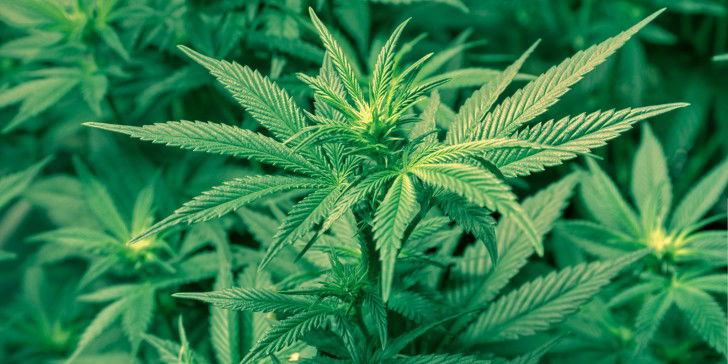Health
Marijuana may up psychosis risk in teenagers

Toronto, July 7: Daily consumption of marijuana may increase an adolescent's risk of having recurrent psychotic-like experiences by 159 per cent, according to a new study.
The psychotic-like experiences include the experiences of perceptual aberration -- for example feeling that something external is part of their body -- and thinking that they have been unjustly badly treated.
"Our findings confirm that becoming a more regular marijuana user during adolescence is, indeed, associated with a risk of psychotic symptoms," said lead author Josiane Bourque, doctoral student at the Universite de Montreal (UdeM) in Canada.
"Although they may be infrequent and thus not problematic for the adolescent, when these experiences are reported continuously, year after year, then there's an increased risk of a first psychotic episode or another psychiatric condition," Bourque added.
The findings, published in the Journal of Child Psychology and Psychiatry, revealed that individuals who go on from consuming marijuana occasionally to abusing the substance once a week or as often as every day, may be at 159 per cent increased risk of developing psychosis-like experiences.
Marijuana use reduces a person's ability to resist socially unacceptable behaviour in response to a particular stimulus.
An increased risk of depression as a result of frequent marijuana use is thought to be behind psychosis' onset, the researchers said.
"Our results show that while marijuana use is associated with a number of cognitive and mental health symptoms, only an increase in symptoms of depression -- such as negative thoughts and low mood -- could explain the relationship between marijuana use and increasing psychotic-like experiences in youth," Bourque said.
These findings have important clinical implications for prevention programs in youth who report having persistent psychotic-like experiences.
"While preventing adolescent marijuana use should be the aim of all drug strategies, targeted prevention approaches are particularly needed to delay and prevent marijuana use in young people at risk of psychosis," noted Patricia Conrod, professor at UdeM.







































